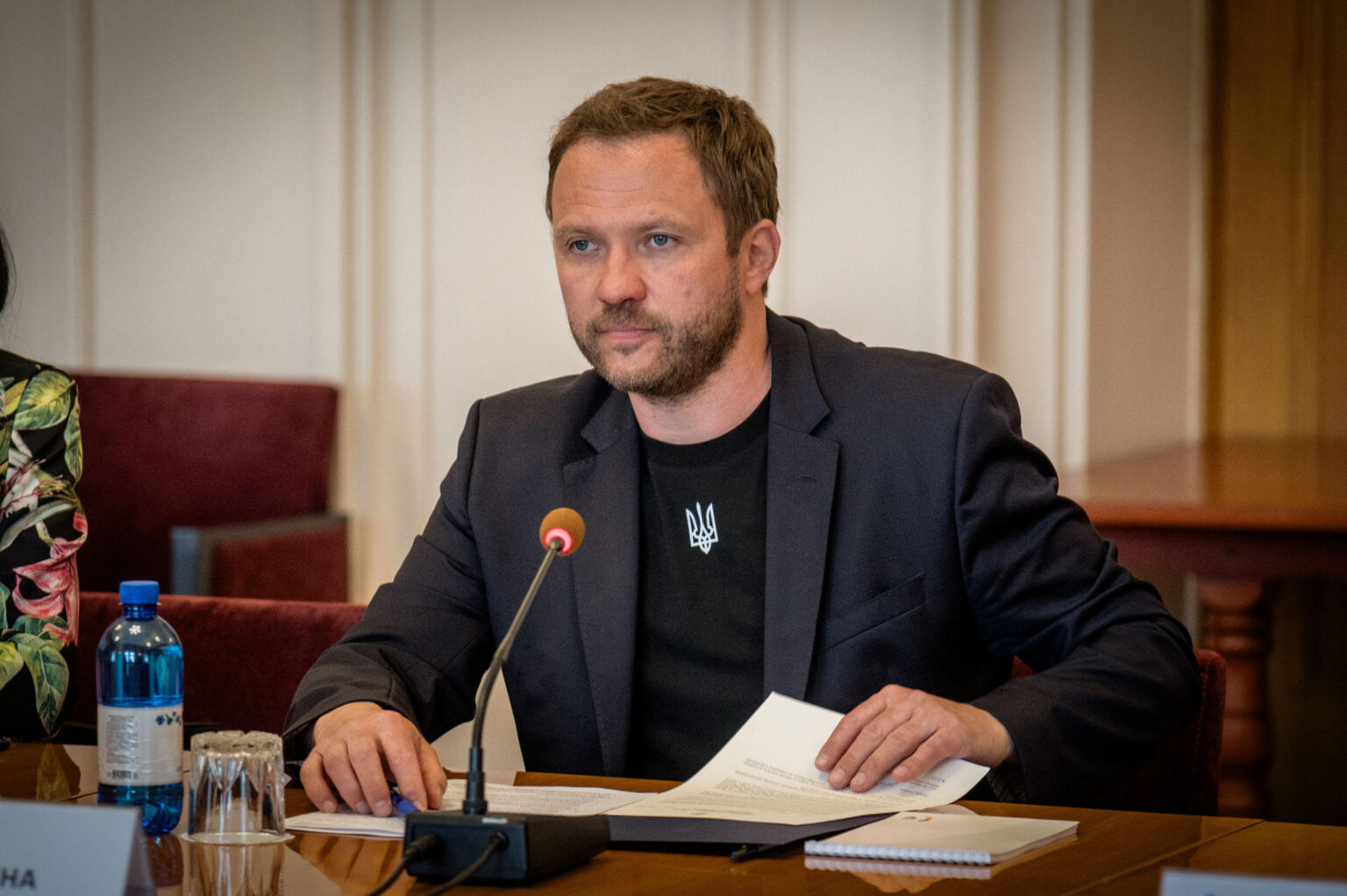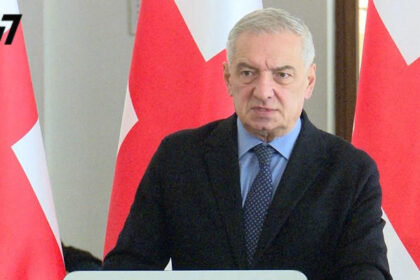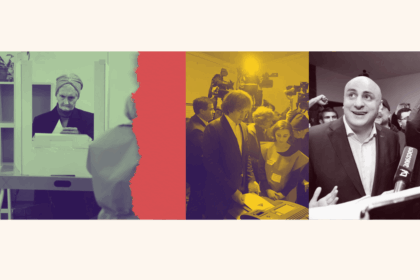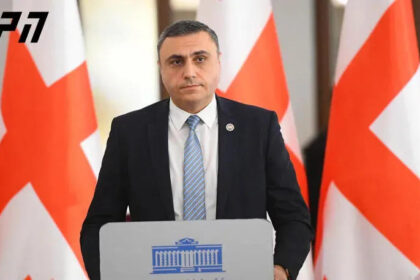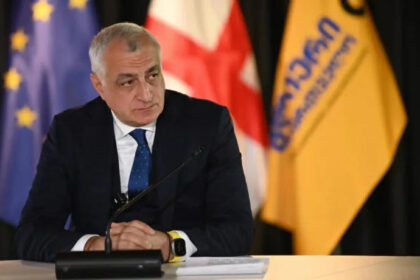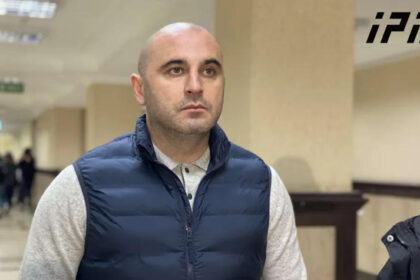**Georgia’s New Law: A Threat to Civil Society and European Values**
Estonia’s Foreign Minister, Margus Tsahkna, has sounded the alarm on a recent change in Georgian law that he believes is threatening the country’s independent civil society. The amendments to Georgia’s “Grants Law” were hastily adopted by the Georgian Parliament yesterday, sparking concern among human rights activists and European diplomats.
According to Tsahkna, the new law requires international donor organizations to obtain government approval before funding projects in support of civil society. This is a significant shift, as it puts the government in a position to control and potentially veto independent initiatives that promote democracy and human rights. The minister believes this move distances Georgia further from European values, where civil society is seen as a vital component of a healthy democracy.
**Background: A Shift towards Greater Government Control**
The amendments were approved by the Georgian Parliament through an expedited procedure, in just one reading. This has raised concerns about the lack of transparency and consultation with stakeholders. The new law also bans international organizations from holding public events, such as lectures or seminars, if they favor specific political parties. This move is seen as a further attempt to restrict freedom of speech and assembly.
**Analysis: A Blow to Democracy**
The adoption of these amendments sends a worrying signal about Georgia’s commitment to democratic values and the rule of law. By giving the government greater control over civil society, the country risks undermining its reputation as a reliable partner for European integration. Civil society plays a crucial role in promoting accountability, transparency, and human rights. By restricting their activities, Georgia is taking a step backwards, rather than forward, on its democratic journey.
As Tsahkna noted, this move “poses a threat to the functioning of civil society independent of the government.” The international community should take note of this development and express concerns about the implications for Georgia’s democratic credentials. The country must be encouraged to prioritize transparency, accountability, and respect for human rights, rather than seeking to control and restrict civil society.
Read More @ www.interpressnews.ge




